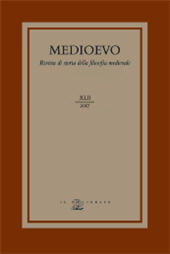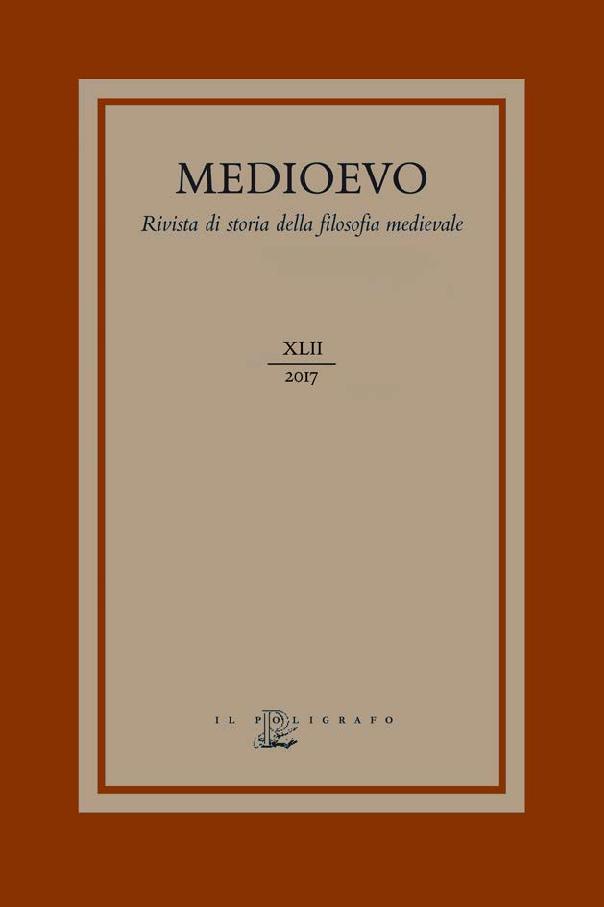Determined Freedom : Thomas Aquinas on Free Choice
163-186 p.
Do humans have free choice in their acts or do they choose by necessity? This opening question of the famous Quaestio disputata "De libera electione" (De malo 6) verbatim reflects the third error of the Parisian syllabus from 10 December 1270. In his sixth disputed question from De malo Thomas intends to give a final and synoptic answer to this question in form of a master argument, which can be divided into four maior steps before his final determinatio magistralis. His general aim is to define an irreducible criterion for free choice which cannot be further reduced to any kind of natural or physical causality. It is – properly speaking – not the strength of the will and its power to will, but its indeterminacy as appetitus rationalis or as voluntas deliberata – an indeterminacy which moreover is determined by predominance, circumstances and dispositions. This indeterminacy is exactly what moral philosophy is concerned with.
This also holds for the question of happiness, which – although it cannot be denied according to the will's natural inclination – nevertheless must be achieved as a suitable good under the circumstances of practical reasoning, which has to leave room for indeterminacy and deliberation. [Publisher's text].
Gli esseri umani hanno sempre libera scelta nel loro agire o scelgono per necessità? Questa domanda, che apre la famosa Questio disputata "De libera electione" (De malo 6), riflette letteralmente il terzo errore del sillabo parigino del 10 dicembre 1270. Nella sua sesta Questio disputata De malo Tommaso d'Aquino intende dare una risposta definitiva a questa domanda: la sua risposta è articolata in quattro parti che introducono la determinatio magistralis. Principale obiettivo di Tommaso è identificare un elemento irriducibile che fondi la libera scelta senza essere ulteriormente ridotto a nessun tipo di causalità naturale o fisica. Alla base della libertà di scelta non è per lui la forza, ma l'indeterminatezza della volontà in quanto appetitus rationalis o in quanto voluntas deliberata, indeterminatezza tuttavia determinata da praeponderantia, circostanze e disposizioni individuali.
Questa indeterminatezza è esattamente il campo di applicazione della filosofia morale e ha delle forti implicazioni per il raggiungimento della felicità. [Testo dell'editore].
-
Articles du même numéro (disponibles individuellement)
-
Informations



